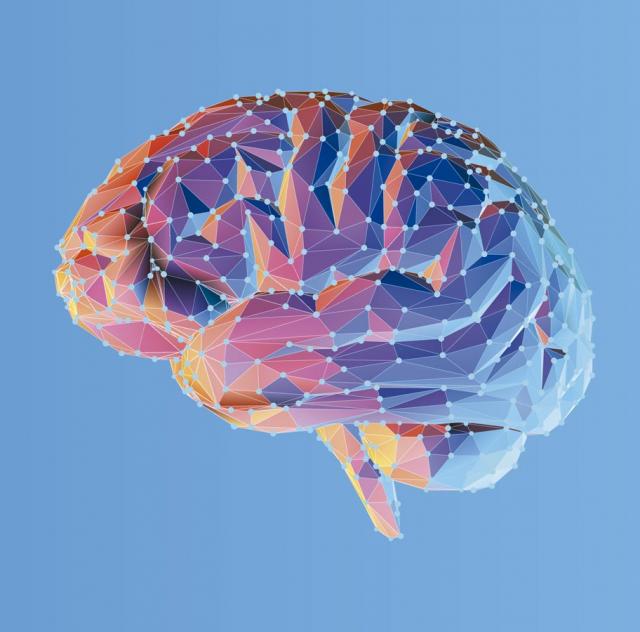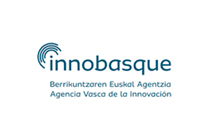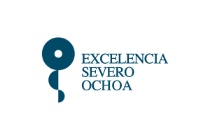Statistical learning and language

Statistical learning and language
Individual differences in the ease or difficulty of mastering a second language are related to individual differences in learning regularities in the environment. This perspective has lead to the current interest in statistical learning as an individual-specific ability and how it impacts success in second language learning.
Our current research focuses on statistical learning from both the behavioral and neurobiological perspectives and examines its relation to literacy acquisition, taking into account the unique aspects of languages’ orthographic and morphological systems.
Experimental work involves methods from computational linguistics and machine learning used to precisely characterize the statistics of contrasting writing systems, as well as state-of-the-art neuroimaging techniques including EEG, MEG, fMRI used to probe the neurobiological mechanisms for detecting regularities in both the visual and auditory modalities, targeting the what, where, and how of statistical learning and its neural links to L2 learning.
Our team
Publications
In press
2025
2024
Are you interested in joining us?
We believe our diversity makes for better science
In BCBL we promote the professional development of all our staff members.
Take a look at our current job offers to join our team and participate in international research projects.
I want to work at the BCBL












